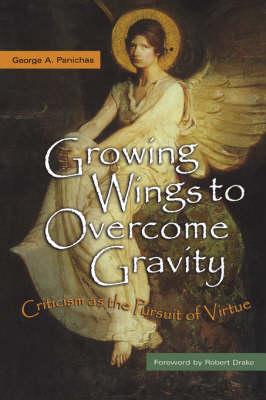Writers of novels, plays, and poems use their imagination with an evident freedom; by contrast, makers of Christian doctrine seem to impose limits, reducing the open-ended meaning of images to exact concepts and summing up the loose ends of stories in one unified Story. But the author of this study sets out to show how images and stories in literature can actually help the theologian to make doctrinal statements, while at the same time careful theological thinking can assist the critical reading of literary texts. Such a dialogue is worked out in studies of the poetry, of William Blake and Gerard Manley Hopkins, and the novels of D. H. Lawrence, Iris Murdoch, and William Going. Here the tension between the freedom of imagination and the limits of doctrine is seen to be only a part of more far-reaching tensions of freedom in human life, which account for a sense of 'fallenness', and which a dialogue between literature and Christian doctrine can do much to illuminate. In all this, the relationship between imagination and revelation is never far from the center of the discussion.
- ISBN13 9780865546189
- Publish Date 1 November 1999
- Publish Status Out of Print
- Publish Country US
- Imprint Mercer University Press
- Format Paperback
- Pages 364
- Language English
